Acting with alacrity, as the Russian threat to undersea cables and pipelines increases by the day and the mine menace endures, the United Kingdom has begun conversion work on two special mission vessels.
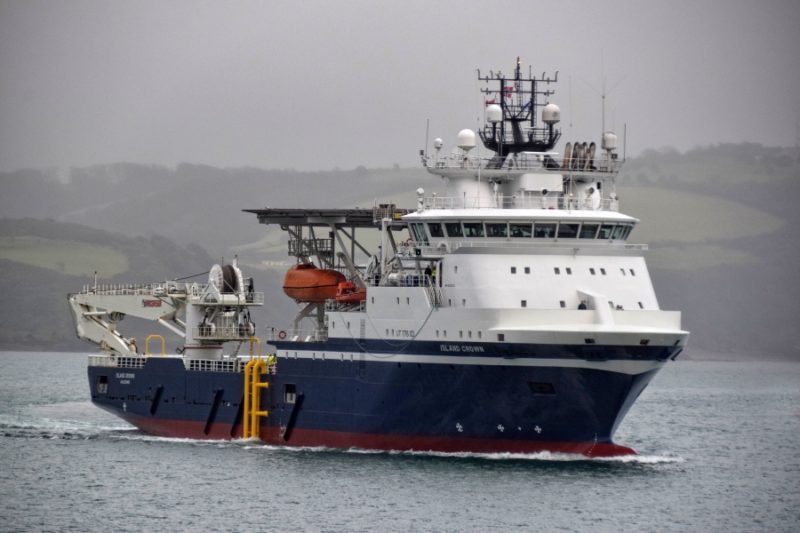
The MV Island Crown is seen here in Plymouth Sound, on the way to Devonport Dockyard. She is receiving what the Royal Navy describes as ‘minimal conversion work, primarily to support installation of military communication systems and Royal Fleet Auxiliary operations.’
The 96.8 metres long vessel – purchased by the UK Ministry of Defence (MoD) from Island Offshore for £40 million – will apparently ‘work side-by-side with autonomous mine-hunting systems already operated by the Royal Navy out of Faslane.’
There will be a name change before the vessel joins the Royal Fleet Auxiliary (RFA) – which is an integral part of Royal Navy operations in home waters and around the world – later this year.
Uncrewed systems deployed from the vessel will include the joint French-UK Maritime Mine Counter Measures (MMCM) and Combined Influence Sweep (SWEEP) along with Medium Autonomous Underwater Vehicles (MAUVs).

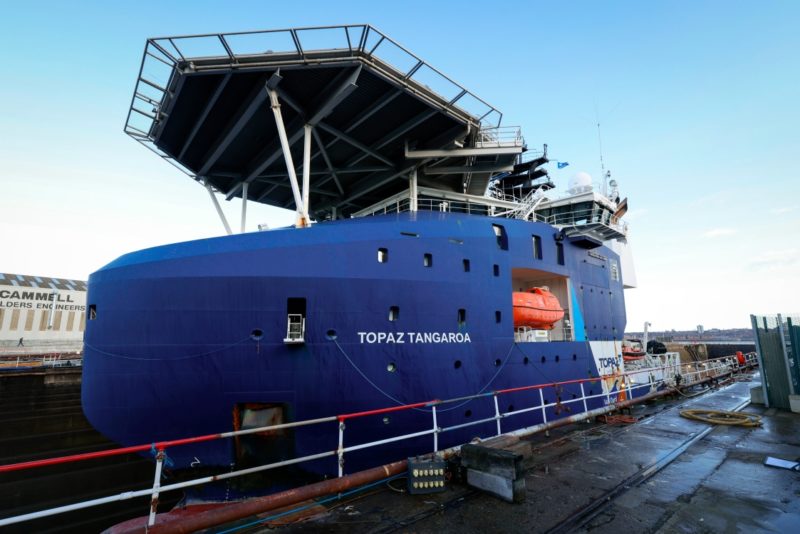
At the same time, in the Cammell Laird yard on the Mersey, the first of two planned undersea Multi-Role Ocean Surveillance (MROS) ships is receiving work for her new mission.
The four-year-old, 6,000 tonnes, 98 metres-long Topaz Tangaroa is also an ex-civilian vessel, in her case built to support oil rigs and other deep sea businesses. The future RFA Proteus will serve as a mother ship for remotely-operated and autonomous underwater systems to undertake surveillance and seabed warfare missions.
The Proteus will have a ship’s company of around two dozen RFA personnel and approximately 60 Royal Navy specialists in surveillance, survey, and other warfare systems.
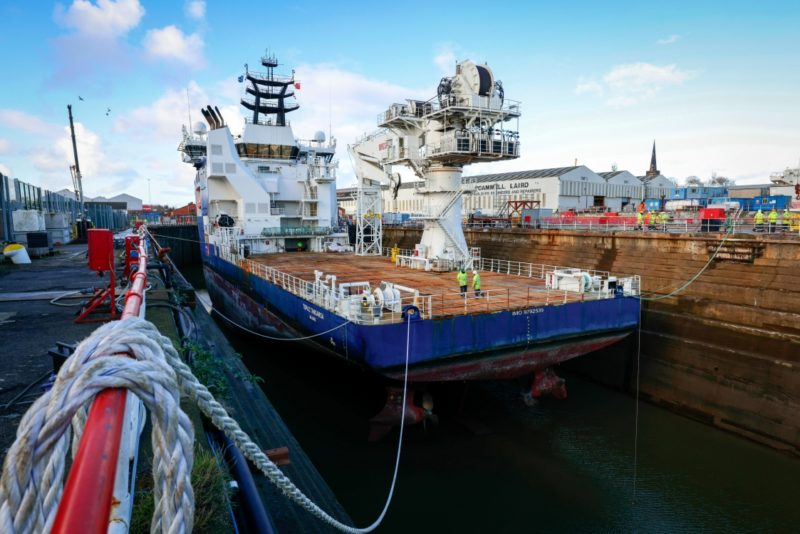
The delivery of the first MROS is months ahead of schedule, as the programme was accelerated late last year. Proteus will enter service in the summer, while the second MROS will be a purpose-built vessel, which is currently in the concept phase.


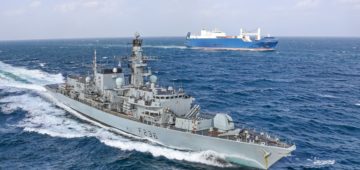



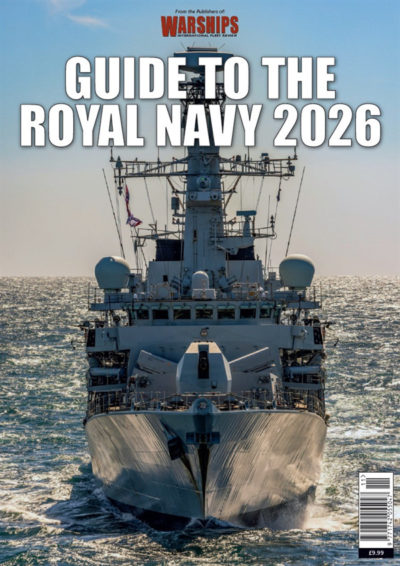
Comments
Sorry, comments are closed for this item